
All categories
Featured selections
Trade Assurance
Buyer Central
Help Center
Get the app
Become a supplier

(1194 products available)





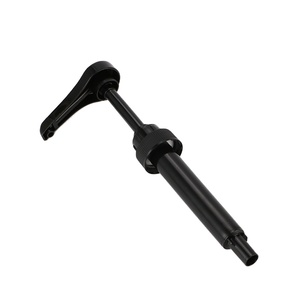
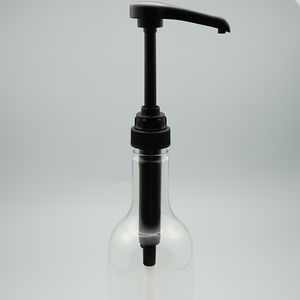
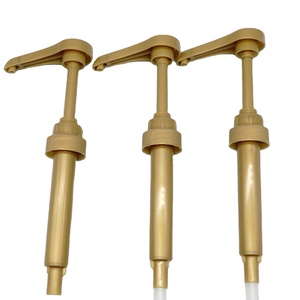
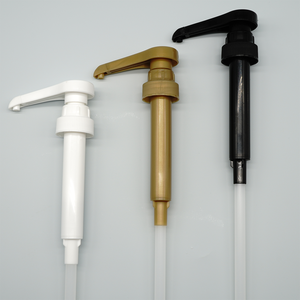
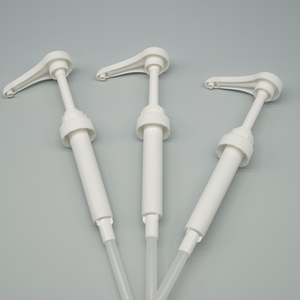
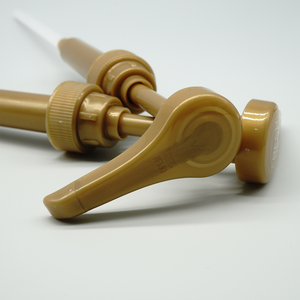











 Ready to Ship
Ready to Ship
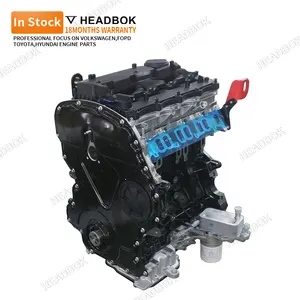






















A Ford Transit Connect engine is the most important part of a van. Without the engine, the van cannot move from one place to another. Choosing the right engine for ford transit is very important. When choosing an engine, there are three types of engines to choose from. These are the petrol engine, diesel engine, and mild-hybrid engine.
The petrol engine is very popular among van operators. It is very cheap to buy. The petrol engine is also easy and cheaper to maintain. Van operators who usually cover short distances prefer the petrol engine.
The diesel engine is different from the petrol engine. The diesel engine is more powerful. It is best for carrying heavy loads and long-distance trips. The diesel engine is very efficient. This means less fuel is used. It can be used for long without the need for a refill.
The mild-hybrid engine works like the petrol engine. The only difference is that the mild-hybrid engine is more advanced. It has a small battery that helps to save fuel. The mild-hybrid engine also helps to reduce gas emissions. The mild-hybrid engine is the best engine for van operators who always drive within cities.
When looking for the Ford Transit Connect van, it is important to know the key differences between the engine types. This will help in choosing the right ford transit connect engine that will meet the need of the business.
Regular maintenance of the ford connect engine is necessary. The engine should be checked and serviced regularly. The oil and oil filter should be changed at every oil change, which is usually done every 3,000 miles or 3 months, whichever comes first. The air filter should also be changed at regular intervals to keep out dust and debris. The fuel filter should be replaced every 2 years or 24,000 miles to ensure that clean fuel is being delivered to the engine. Spark plugs should be checked and replaced as needed. Generally, they should be replaced every 30,000 to 100,000 miles, depending on the type of spark plug. The engine coolant should be checked regularly for leaks or signs of wear, and the coolant should be replaced every 2 to 5 years, depending on the type of coolant. The timing belt should be checked according to the manufacturer's recommendations and replaced as needed to prevent engine damage.
Oil changes are a vital part of maintaining the engine. The oil provides lubrication and cools the engine. Over time, the oil can break down and become dirty. This can lead to engine damage. Following the manufacturer's recommendations for oil changes is important to keep the engine ford transit connect running smoothly.
Checking fluid levels is also essential. Low oil, coolant, or transmission fluid levels can cause engine damage. Be sure to regularly check that all fluids are at the correct levels and top them off as needed.
Air filters should be routinely replaced to keep the engine running well. The air filters keep dirt and debris from entering the engine, which can cause issues over time. Follow the manufacturer's recommendations for when to change the air filter.
Spark plugs need to work correctly for the engine to function. Over time, spark plugs can become dirty or worn, leading to issues. Be sure to follow the manufacturer's recommendations for checking and replacing spark plugs.
Warming up the engine is also important. Allowing the engine to warm up gets the oil flowing. This is vital for preventing engine damage. Be sure to let the engine idle for a minute or two before driving.
It is important to drive gently to protect the engine. Avoiding rapid acceleration or speeding can lower the strain on the engine. This can help prevent engine damage and improve its longevity. Follow the speed limits and avoid rapid starts or stops to keep the engine running well.
The battery powers the engine and other electrical systems. Over time, the battery can lose power or fail. Following the manufacturer's recommendations for when to replace the battery is important to keep the engine running.
The exhaust system is also essential for engine performance. The exhaust removes harmful gases from the engine. Over time, the exhaust components can rust or wear out. This can lead to problems like reduced power or poor fuel economy. Be sure to check the exhaust system for signs of wear or damage and replace any worn parts. Following the manufacturer's recommendations for maintaining the exhaust system is important for engine health.
The cooling system is essential for engine health. It keeps the engine at the right temperature for optimal performance. The cooling system includes the radiator, water pump, and coolant. Over time, the cooling system can develop issues like leaks or worn parts. Following the manufacturer's recommendations for maintaining the cooling system is essential for engine health. Be sure to check the cooling system for leaks, ensure all hoses are tight, and replace the coolant according to the service intervals.
The transmission is vital for engine performance. It shifts gears to match driving conditions. Over time, the transmission can develop issues like worn gears or low fluid levels. Following the manufacturer's recommendations for the transmission is vital for engine health. Be sure to check the transmission fluid, follow the service intervals for changing the fluid, and have any issues professionally repaired.
When choosing a ford transit connect engine options for a specific application, consider the following:
Consider the power and performance needs of the intended application. For applications that require heavy towing or hauling, choose an engine with adequate torque and horsepower. For fuel efficiency, choose an engine with a lower displacement and advanced technologies like turbocharging.
Consider the fuel economy of the engine. Engines with hybrid or electric powertrains offer the best fuel economy. For applications that require minimal fuel consumption, consider engines with advanced transmission systems.
Consider the engine size and compatibility with the vehicle's structure. Large engines may require modifications to the engine bay for installation, while smaller engines may not provide adequate power for certain applications.
Consider the engine's reliability and durability. Diesel engines are more robust and long-lasting. They are suitable for applications that require constant use and minimal maintenance.
Consider the engine's serviceability and maintenance requirements. Gasoline engines are easier to maintain and service. They are ideal for applications in which maintenance is performed regularly. However, diesel engines require frequent maintenance and are more complicated to repair.
Consider the engine's emissions and environmental impact. Gasoline engines produce greenhouse gases. However, diesel engines produce more nitrogen oxides and particulate matter. Hybrid and electric engines offer a solution to reducing emissions.
Consider the initial cost and ongoing operating costs of the engine. Hybrid and electric engines have a high initial purchase price but provide significant fuel savings. Diesel engines have a higher purchase price but are more fuel-efficient. Gasoline engines have a lower purchase price but may not be efficient in fuel consumption.
Before starting any replacement, ensure the engine ford transit connect is compatible with the vehicle. Read the manufacturer's manual to verify the compatibility of the engine.
Gather all the necessary tools. The tools required may vary depending on the job being done.
Disconnect the battery to avoid any electrical hazards. Remove the battery by using an adjustable wrench.
Jacks and stands are used to lift the vehicle. The old engine is removed by disconnecting the transmission and engine mounts. An engine hoist is used to remove the engine.
Install the new Ford Transit Connect engine in the vehicle. Connect the engine to the transmission and secure it with engine mounts.
Connect the battery and make sure the engine is working properly. Start the engine and make sure there are no leaks. Make sure all the nuts and bolts are tightened.
Take a test drive to ensure the engine is working properly. Make sure all the warning lights are off.
Q1: What is the fuel economy of the Ford Transit Connect?
A1: The fuel economy of the Ford Transit Connect varies depending on factors such as the engine size, driving conditions, and maintenance. Generally, models with smaller engines offer better fuel efficiency, while larger engines consume more fuel.
Q2: How long do Ford Transit Connect engines last?
A2: The longevity of a Ford Transit Connect engine depends on various factors. Routine maintenance and timely repair are key to improving engine life. As people all know, the mileage the engine has covered can also determine how long it will last. Normally, a well-maintained Transit Connect engine can easily cover over 100,000 miles.
Q3: Can the engine be removed from the Ford Transit Connect?
A3: Yes, the engine of the Ford Transit Connect can be removed. However, engine replacement is a complex procedure that requires specialized tools and expertise. It is recommended to consult a qualified mechanic and refer to the service manual.
Q4: What are the common problems of Ford Transit Connect engines?
A4: The Ford Transit Connect engine is a small commercial vehicle that has a high roof and a large carrying capacity, so its engine is very important. The engine is liable to a battery fault or engine management light, which will affect the normal use of the vehicle. If the engine is having low oil pressure, it should be checked as soon as possible, as low oil pressure can cause a lot of damage to the engine and other parts of the car. A low oil level can also be a problem because the engine needs oil to run. The oil level should be checked regularly to avoid problems. If the oil level is low, it should be topped up to the correct level. The oil should be changed on time as recommended by the manufacturer.